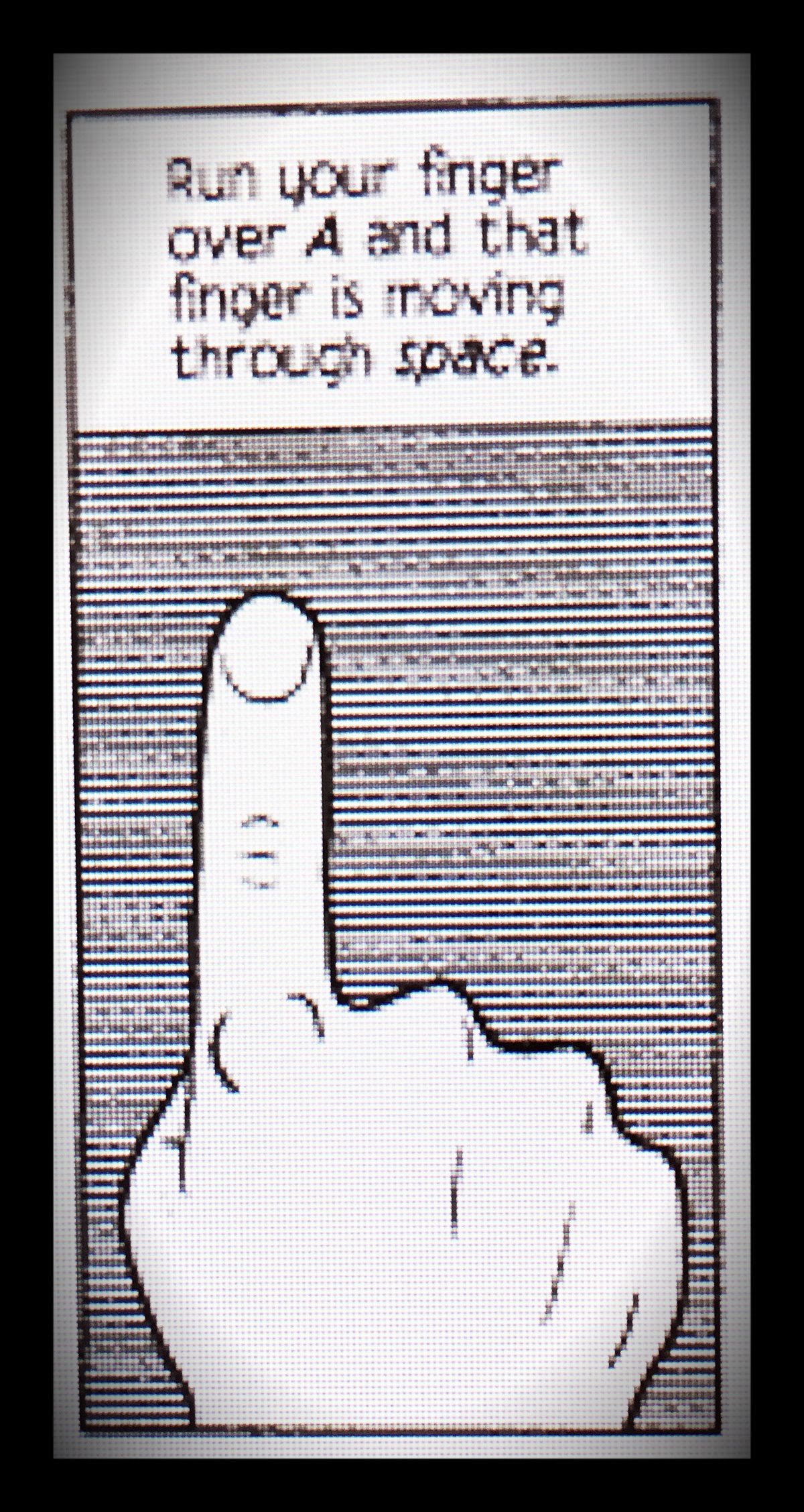internet storytelling

No tópico de "who creates the best digital story with their posts", o suspeito do costume recuperado ao primeiro trimestre de 2019 via plataformas sociais — aquelas que mentes mais simples confundem com a web, per se.
From the proliferation of webcomics and blogs that allow for self-publishing to high-profile literary experiments, visual and written storytelling mediums have only become more entwined.
in "What Scott McCloud Taught Us About Internet Storytelling" 25 fev 2019
Scott McCloud, "Understanding Comics" 1994, "how words and pictures could be used on the page to create layers of meaning":
Today, McCloud’s book reads less like a primer in how to read and understand comics as a medium, and more like a way in which to think about how visual and written arts ought to blend together and tell a story, including on the internet.
in "What Scott McCloud Taught Us About Internet Storytelling" 25 fev 2019While McCloud could not have predicted what storytelling would look like on the internet a quarter century ago, he certainly gave us a vocabulary for thinking about the ways pictures and words can work together in harmony, invite the reader in, and allow them to participate, closing the gap between artist and follower. Sequential art analysis teaches us to read the visible and invisible as we begin to fill in the "gutter" for ourselves.
in "What Scott McCloud Taught Us About Internet Storytelling" 25 fev 2019
McCloud could argue that a single post (or single panel) on social media might be considered a "cartoon" by his own definition. Artists and writers often create an online persona that not only showcases their work, but entices followers to invest themselves emotionally in each and every update. An artist’s social media platform could be viewed as a curated narrative of the self that is every bit as artistic as a sequential art panel.
in "What Scott McCloud Taught Us About Internet Storytelling" 25 fev 2019
McCloud knew that "words and pictures together are considered, at best, a diversion for the masses, and at worst, a product of crass commercialism." Plenty of digital storytelling, whether by influencers or artists or brands, involves creating a narrative in order to sell a product. However, that does not mean that every story told online is meant to turn a profit. The democratic nature of the internet lends itself to self-publishing, which remains popular, and that means anyone with access to the internet can share their art with an audience. The stories we tell online, whether in a YouTube video, an epic podcast, an Instagram feed (many of which could perhaps read like a comic book piece, complete with digital "gutter"), or anywhere else are as poignant or compelling as any art form in history. Scrolling through Instagram is, in a way, like reading a disjointed yet curated collection of sequential art pieces, but nowadays, there are far more voices that can make themselves heard.
in "What Scott McCloud Taught Us About Internet Storytelling" 25 fev 2019
